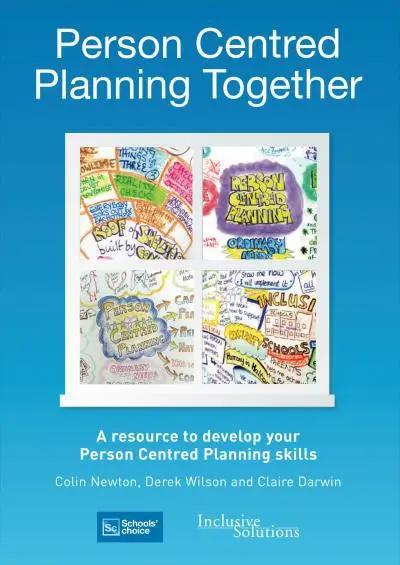Relationships - In the training session we may focus on the following approaches to developing inclusive relationships.
Intentional Building of Relationships
We used to think we could place any pupil into a mainstream school, setting or community and they would just make friends, and everything would be just great. We now know this is not true.
For inclusion to be a reality we will often have to work intentionally to create the conditions in which relationships can flourish and grow. Planning and preparation is vital.
Children and adults are rejected and excluded across the UK and beyond in classrooms, playgrounds, staffrooms, workplaces and communities. The world of media and dating reality TV programmes strengthens our instinct to reject.
We have seen films such as ‘Shrek’, ‘The Shark Tale’ and ‘Happy Feet’ which are more encouraging of supporting the inclusive instinct. Required viewing for any would be inclusionist!
Circle of Friends
Circle of Friends is a proactive approach that aims to help children create a support network and improve peers’ understanding of their behaviour.
Unlike many interventions, it is led by peer support rather than an adult trying to bring about change.
Pupils can often be more motivated to respond to peer support than intervention from members of staff.
The Circle of Friends is popular approach to taking a wider look at the relationships in a person’s life.
It enhances the inclusion of a child or young person who is experiencing difficulties because of a disability, personal crisis or because of their behaviour towards others. It also helps all circle members to develop greater empathy, self-awareness and social interactional skills.
When a circle is established a group of volunteers meet regularly with the ‘focus child’ and an adult facilitator. The circle acts as a resource to suggest strategies and set targets to deal with difficulties that have been jointly identified by the members of the circle and the focus child. The approach often starts with a whole class session which can be facilitated by a member of the team. In this session, volunteers are invited to be part of a smaller circle of friends or friendship group which will meet more regularly.
Who can benefit from this approach and what outcomes can you expect?
- Young people who are isolated, excluded, vulnerable and/or need support in developing friendships and social skills.
- The emotional support from this approach helps social inclusion and this also results in greater self-esteem and confidence.
- The volunteers also gain a lot from being part of the Circle of Friends. They develop their understanding and empathy as well as gaining skills in working together in a collaborative group context.
The Circle of Friends approach (Newton and Wilson, 2006) is at the opposite and more restorative end of the continuum of interventions from approaches based on ignoring difficult behaviour. It is a systemic approach that recognises the power of the peer group (and thereby of pupil culture) to be a positive, as well as, a constraining or exacerbating influence on individual behaviour.
Restorative Interventions
Another way we can work intentionally around relationships is when things are at their worst and may be about to break: when harm has been caused.
We need new ways to restore relationships when someone has been harmed. The space between people is where we need to focus rather than being preoccupied with punitive consequences for the wrongdoer.
New ways of thinking about behaviour and relationships with children and young people should pave the way in the longer term for a more peaceful world.
Our young people need new ways of relating to each other, new ways of making accommodations to the challenges that human relationships pose and, most of all, new ways of handling conflicts that do not lead to increasing escalation, punitive approaches, bullying or violence.
'Restorative Justice' is a process by whereby all the parties with a stake in a particular offence come together to resolve collectively how to deal with the aftermath of the offence and it’s implications for the future. - Graef, 2001.
This video titled 'Restoration Justice Training Day in Ipswich', shows more about how the topic is covered in the training:

